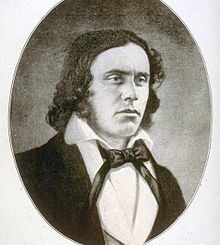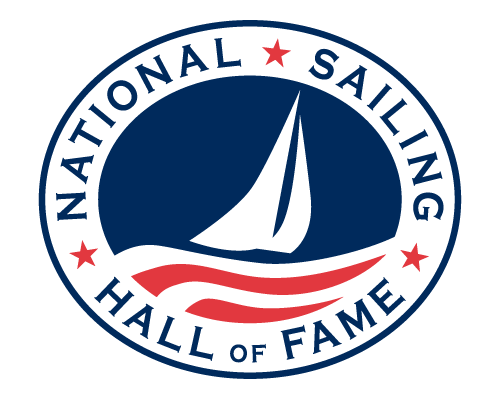NEXT

Deceased , Historic
Richard Henry
Dana Jr.
1815 - 1882
Richard Henry Dana Jr. is best known as the author of the American classic memoir Two Years Before the Mast, a book that was highly influential in improving the living and working conditions of seamen. Dana was an American lawyerand politician from Massachusetts and a descendant of an eminent colonial family. Both as a writer and as a lawyer, he was a champion of the downtrodden, from seamen to fugitive slaves. Two Years Before the Mastis a vivid account of the common sailor’s wretched treatment at sea. It was “conceived as a protest and written to improve the lot of the common sailor,” according to American essayist Wright Morris. To this day, it is one of the most accurate pictures we have of the life of seamen of that time. n July 1831, Richard Henry Dana enrolled at Harvard, where in his freshman year, his support of a student protest cost him a six-month suspension. In his junior year, he contracted measles, which in his case led to ophthalmia, a condition that affects one’s eyes. Fatefully, the worsening vision inspired him to take a sea voyage, as that was thought at the time to help sufferers recover their health and eyesight. But rather than going on a fashionable grand tour of Europe, he decided to enlist as a merchant seaman, despite his high-class birth. On August 14, 1834, he departed Boston aboard the brig Pilgrim bound for Alta California, at that time still a part of Mexico. This voyage would bring Dana to a number of settlements in California. After witnessing a flogging onboard the ship, he vowed that he would try to help improve the lot of the common seaman. The Pilgrim collected hides for shipment to Boston, and Dana spent much of his time in California curing hides and loading them onto the ship. To return home sooner, he was reassigned by the ship’s owners to a different ship, the Alert, and on September 22, 1836, Dana arrived back in Massachusetts. Dana thereupon enrolled at Harvard Law School. He went on to specialize in maritime law. In the October 1839 issue of a magazine, he took a local judge, one of his own instructors in law school, to task for letting off a ship’s captain and mate with a slap on the wrist for murdering the ship’s cook, beating him to death for not “laying hold” of a piece of equipment. The judge had sentenced the captain to 90 days in jail and the mate to 30 days. n 1841, he published The Seaman’s Friend, which became a standard reference on the legal rights and responsibilities of sailors. He defended many common seamen in court. During his voyages, he had kept a diary, and in 1840 (coinciding with his admission to the bar), he published a memoir, Two Years Before the Mast. The term, “before the mast” refers to sailors’ quarters, which were located in the forecastle (the ship’s bow), officers’ quarters being near the stern. His writing evidences his later sympathy for the oppressed. With the California Gold Rush later in the decade, Two Years Before the Mast would become highly sought after as one of the few sources of information on California. Selected Works
[searchandfilter id="7549"]
Preserving America’s Sailing Legacy
Engaging Sailing’s Next Generation
Stay Connected to the National Sailing Hall of Fame
